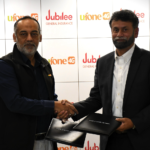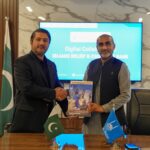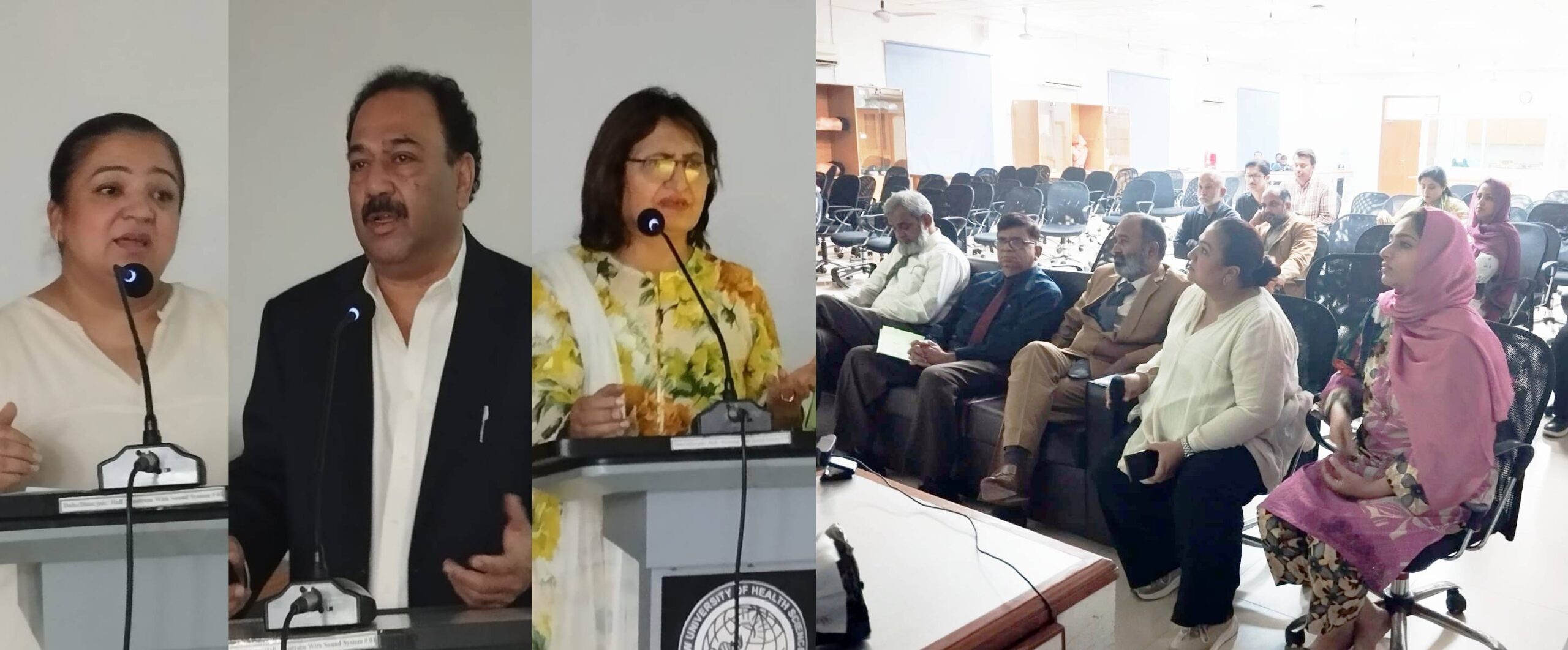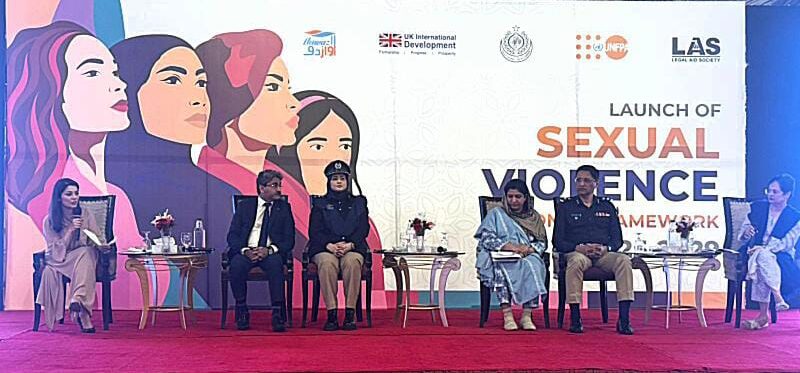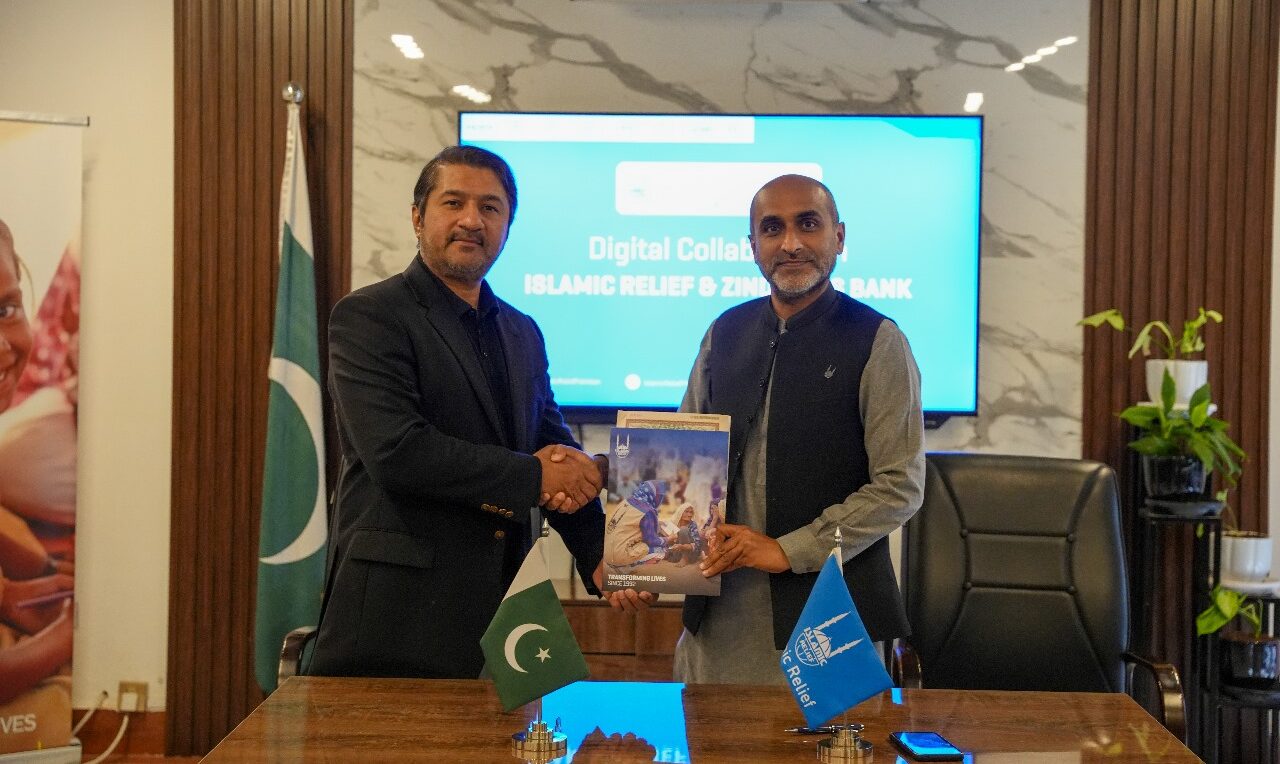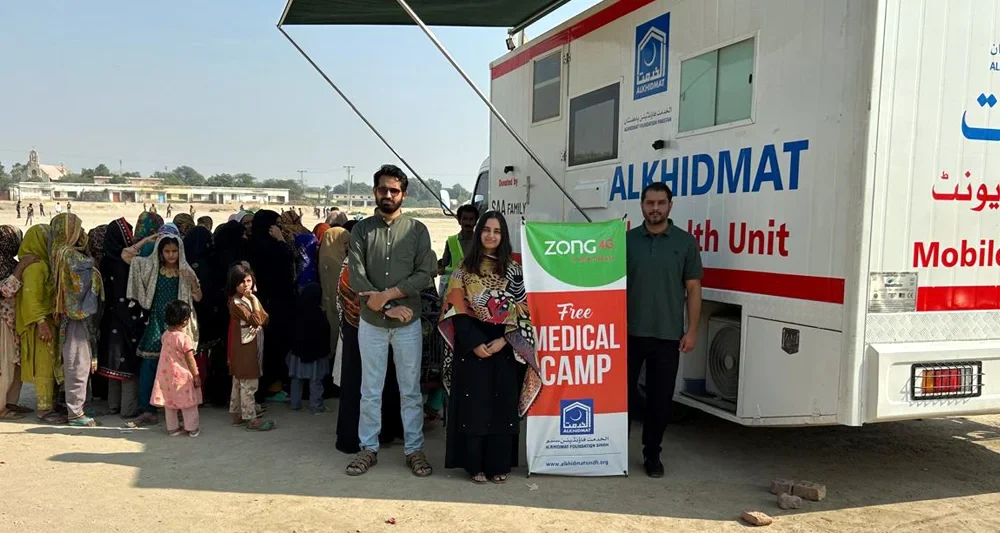KARACHI, December 16 2024: Forensic experts at a symposium held at Dow University expressed concern over the limited role of forensic specialists in criminal investigations. They emphasized that excluding forensic experts from the medical board in Karachi obstructs the delivery of justice, as the current medico-legal system fails to assist crime victims in obtaining justice.
The system in Karachi is outdated, and conditions in other districts of the province are similarly inadequate. The experts called for reforms in the system, which should be carried out in consultation with professionals across the country to address the challenges faced by different provinces. Forensic best practices must be adopted to stabilize the system, with an integrated approach that combines legal, medical, and institutional frameworks.
The symposium was organized by the Forensic Department of Dow University at the Professional Development Center in Ojha Campus. Keynote speaker Dr. Farhat Sultana, a medico-legal surgeon from Lahore, presented an overview of various medico-legal systems globally, including Pakistan’s. She explained Punjab’s three-tier medico-legal system, which involves primary, secondary, and tertiary healthcare institutions. The primary level includes a medico-legal examiner, the secondary level consists of the district standing medical board, and the tertiary level is represented by the provincial standing medical board, with a special board at the fourth level. Dr. Sultana emphasized that this system provides clear responsibilities at different levels, ensuring effective handling of medico-legal cases. However, she also pointed out the significant drawbacks of this system, such as the lack of resources, trained personnel, and equipment at primary and secondary levels, leading to delays and inadequate patient care. Cases requiring expert attention are often referred to tertiary centers, causing further delays.
Dr. Sultana highlighted the critical role of forensic experts in tertiary care hospitals, who not only provide specialized care but also train primary and secondary care institutions. They bridge the gap between medical science and law, assisting courts with the ethical and scientific application of forensic principles, which are crucial for both criminal and civil cases.
Professor Mukarram Ali from Liaquat National Medical College discussed curriculum changes to align forensic training with modern needs. He stressed the importance of increasing hands-on training and practical exposure for students, and also advocated for mandatory forensic medicine internships. He pointed out that forensic medicine is an essential part of investigations, requiring careful documentation and adherence to standard operating procedures (SOPs) to ensure the integrity of evidence.
Professor Ramlah Naz, Vice Principal of Dow International Medical College, discussed the importance of protecting the life and organs of the injured during investigations. She mentioned challenges faced when affected individuals or their families refuse to cooperate, insisting on written statements rather than waiting for proper evidence collection.
Dr. Waheed Nahyoon from Liaquat University described the severe shortage of staff and resources in Sindh, making it difficult to collect evidence and coordinate efforts across various medical boards. He emphasized the need for appropriate staffing to address these challenges.
Dr. Mehreen Fatima, Assistant Professor at Dow University, reviewed the medico-legal system in Karachi. She pointed out that while there is a police surgeon in the city, six out of nine additional police surgeon positions remain vacant, leading to increased workload for the few available staff. Karachi has nine medico-legal centers, but only three are operational, a situation that is unsustainable for a city with over 20 million residents. The lack of resources, infrastructure, and properly trained staff exacerbates the challenges faced by the medico-legal system, highlighting the need for urgent reforms to improve its effectiveness.
This symposium highlighted the urgent need for strengthening the medico-legal system in Pakistan by addressing resource gaps, improving coordination, and ensuring that forensic experts play a more significant role in criminal investigations.


















































































































































































































































































